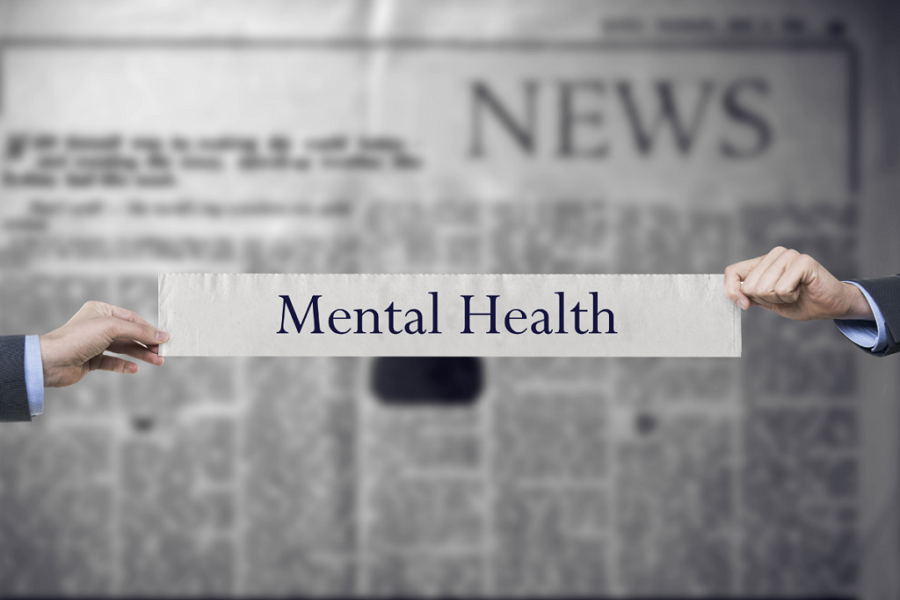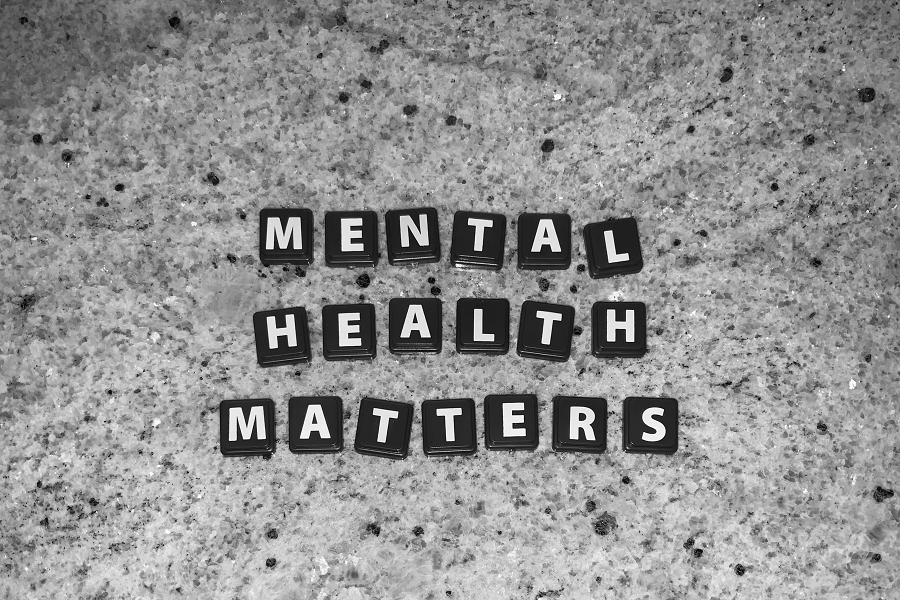Mental well-being is an intrinsic part of the human experience, shaping various aspects of our lives. However, despite its pervasive nature, mental health remains obscured by stigma, hindering open conversations, empathy, and a deep understanding of its significance. Addressing and dismantling the stigma surrounding mental health is not merely a challenge but a societal imperative for fostering a more compassionate and inclusive world.
The Veil of Misconceptions:
Stigma arises from a myriad of misconceptions and societal attitudes towards mental health conditions. Myths and stereotypes perpetuate the idea that individuals grappling with mental health challenges are somehow fundamentally different from others, reinforcing the notion that mental health issues are a personal failure rather than a complex interplay of biological, psychological, and environmental factors.
Silencing Voices:
The stigma surrounding mental health often acts as a silencer, discouraging individuals from sharing their experiences or seeking help. The apprehension of being judged and facing discrimination can cultivate a profound sense of shame, compelling individuals seeking help to retreat into the isolating shadows. This hesitancy to openly address mental health not only hampers individual well-being but also sustains a cycle of misinformation and bias.
Impact on Help-Seeking Behavior:
The act of stigmatizing mental health concerns significantly influences individuals’ willingness to seek assistance. Many people refrain from seeking support due to concerns about potential social backlash or adverse professional ramifications. This delay in seeking help can exacerbate mental health conditions, leading to more severe consequences and hindering the effectiveness of early interventions.
Media Portrayals and Stigmatization:
The media, as a powerful influencer of societal perceptions, frequently contributes to the reinforcement of negative attitudes and stereotypes regarding mental health. Sensationalized portrayals of mental health challenges in popular culture can distort understanding, deepening the roots of stigmatization.

Shifting Paradigms through Education:
Breaking the chains of mental health stigma begins with education. Promoting awareness and understanding of mental health conditions helps challenge stereotypes and dispel myths. Education fosters empathy, encouraging individuals to view mental health challenges through a lens of compassion and recognize the shared human experience that unites us all.
Encouraging Open Conversations:
Creating spaces for open conversations about mental health is instrumental in reducing stigma. Encouraging individuals to share their experiences without fear of judgment helps normalize the conversation. Personal narratives have the power to humanize mental health challenges, illustrating that they can affect anyone and are not indicative of weakness or inadequacy.
Promoting Inclusivity in Language:
Language is a powerful tool that can either perpetuate stigma or contribute to its dismantling. Adopting inclusive and non-stigmatizing language is crucial in shifting societal attitudes towards mental health. Avoiding derogatory terms and promoting person-first language helps reinforce the understanding that individuals are not defined by their mental health conditions.
Building Supportive Communities:
Fostering supportive communities is essential in combating mental health stigma. When individuals feel supported and accepted, they are more likely to seek help and share their experiences openly. Building a culture of understanding and empathy within communities creates a foundation for breaking down the barriers that stigma erects.
The Path Forward:
Dismantling the stigma surrounding mental health is an ongoing journey that requires collective effort. By dispelling misconceptions, promoting open dialogue, and nurturing supportive communities, we have the opportunity to create a society that accepts mental health without judgment. Overcoming the shackles of stigma is not only vital for individual well-being but also a demonstration of our collective humanity, showcasing strength through unity, compassion, and understanding.











